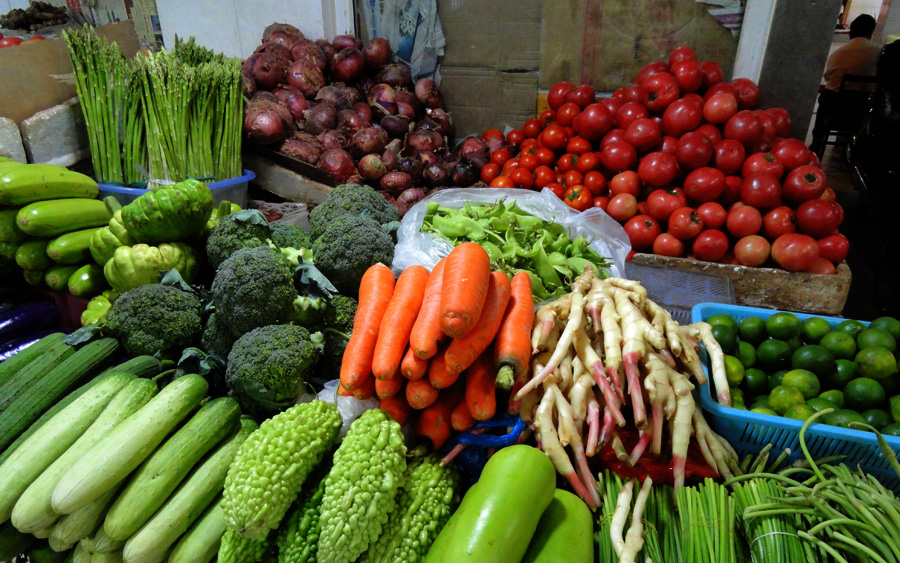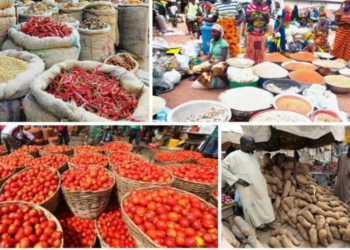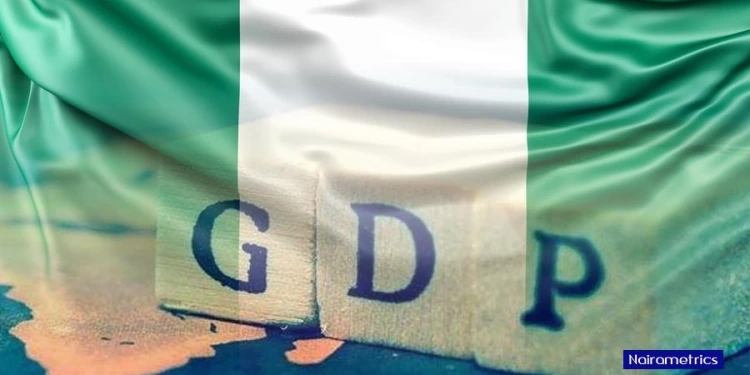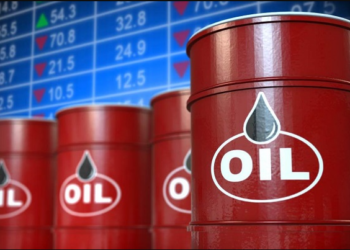Basic Inflation rates highlight:
- Inflation rate reduced to 11.37 per cent in January 2019 from 11.44 per cent in December 2018. This represents a 0.07 per cent points slower in inflation rate for the period.
- The Headline index increase by 0.74 per cent in January 2019, the same rate recorded in December 2018.
- Urban inflation rate increased by 11.66 per cent (year-on-year) in January 2019 as against 1.73 per cent recorded in December 2018.
- Rural inflation rate increase by 11.11 per cent in January 2019 from 11.18 per cent in December 2018.
- Core inflation increased from 9.8 per cent in December 2018 to 9.9 per cent in January 2019.
- Delta State recorded the highest inflation rate in January 2019, while Ekiti, Nasarawa and Osun witnessed deflation.
The National Bureau of Statistics (NBS) has just released the monthly Consumer Price Index (CPI) and Inflation report, covering the period of January 2019. From the report, Nigeria’s inflation figure dropped to 11.37 per cent in January, as against 11.44 per cent in December 2018. This represents a 0.07 per cent points decline in the inflation rate in Nigeria.
According to the NBS report, the composite food index rose by 13.51 per cent in January 2019 from 13.56 per cent in December 2018. It was reported that the rise was triggered by increases in prices of fish, bread and cereals, vegetables, meat, potatoes, yam and other tubers, oils and soft drinks. On a month-on-month basis, there was an increase in the food sub-index by 0.83% in January 2019 compared to 0.81 per cent in December 2018. This represents a 0.02 per cent increase in food sub-index for the period under review.
In terms of core inflation (inflation minus farm produce), the country witnessed an increase of 0.1 per cent in January 2019. That is, core inflation increased from 9.8% in December 2018 to 9.9% in January 2019.
Also, the Bureau noted that the highest increases were recorded in prices of items such as domestic and household services, Narcotics, Cleaning, repair and hire of clothing, Carpet and other floorings. The average 12-month annual rate of change of the index was 10.34 percent for the twelve-month period ending January 2019. This implies a 0.17 per cent points lower than 10.51 per cent recorded in December 2018.
Year-on-year Inflation rates at states in Nigeria reported that Kebbi, Bauchi and Jigawa witnessed the highest rates on inflation with 14.68 per cent, 13.79 per cent and 13.17 per cent respectively. On the other hand, Kwara, Cross River and Ogun witnessed the lowest year-on-year inflation rates of 9.28 per cent, 9.24 per cent and 9.01 per cent. On a month-on-month basis, Delta (1.66%), Ondo (1.55%), and Borno (1.44%) witnessed highest rates of inflation in January 2019, while Ekiti, Nasarawa and Osun recorded negative inflation or price deflation.
Food inflation across States
Considering food inflation across the states in Nigeria; food inflation on a year on year basis was highest in Kebbi (16.45%), Delta (16.27%) and Ondo (15.63%), while Plateau (11.83%), Enugu (11.64%) and Ogun (10.99%) recorded the slowest rise in food inflation. On a month-on-month basis, however, January 2019 food inflation was highest in Delta (2.73%), Kwara (2.50%) and Ondo (2.22%). States that witness food price deflation month-on-month in January 2019 are Anambra, Ekiti, Enugu, Imo, Nasarawa, Osun and Zamfara.
Implications on economic agents
Inflation measures the average changes in prices of goods and services consumed by people for day-to-day living. Basically, some of the items usually included by the National Bureau in calculating inflation figure includes food and non-alcoholic beverages, alcoholic beverages, Tobacco and Kola, Clothing and footwear, housing, water, electricity, gas, household equipment, health services, transport among others.
Therefore, rising inflation suggests that the domestic currency (Naira) loses value of what consumers can buy on a day to day basis. Also, falling inflation figure implies that naira gains value on what and how much a consumer can buy. The new inflation rate of 11.37 per cent means an increase in purchasing abilities of consumers. In this light, the purchasing ability or power of consumers (economic agent) increases, consumption also rises and aggregate demand (total of all individuals purchases) also improves. Also, the industries/produces are poised to generate more revenue in terms of output sold. When there is a slow reduction in the general price level, this implies that consumers can buy more for less, with the same budget. The price reduction is expected to reduce revenue, however, more output sold will increase more the revenue generated within the period.
To the exporters also, falling inflation also means foreign currencies can buy more of Nigeria exports. The extension, revenue made from internationally traded goods in terms of export also improve.
























